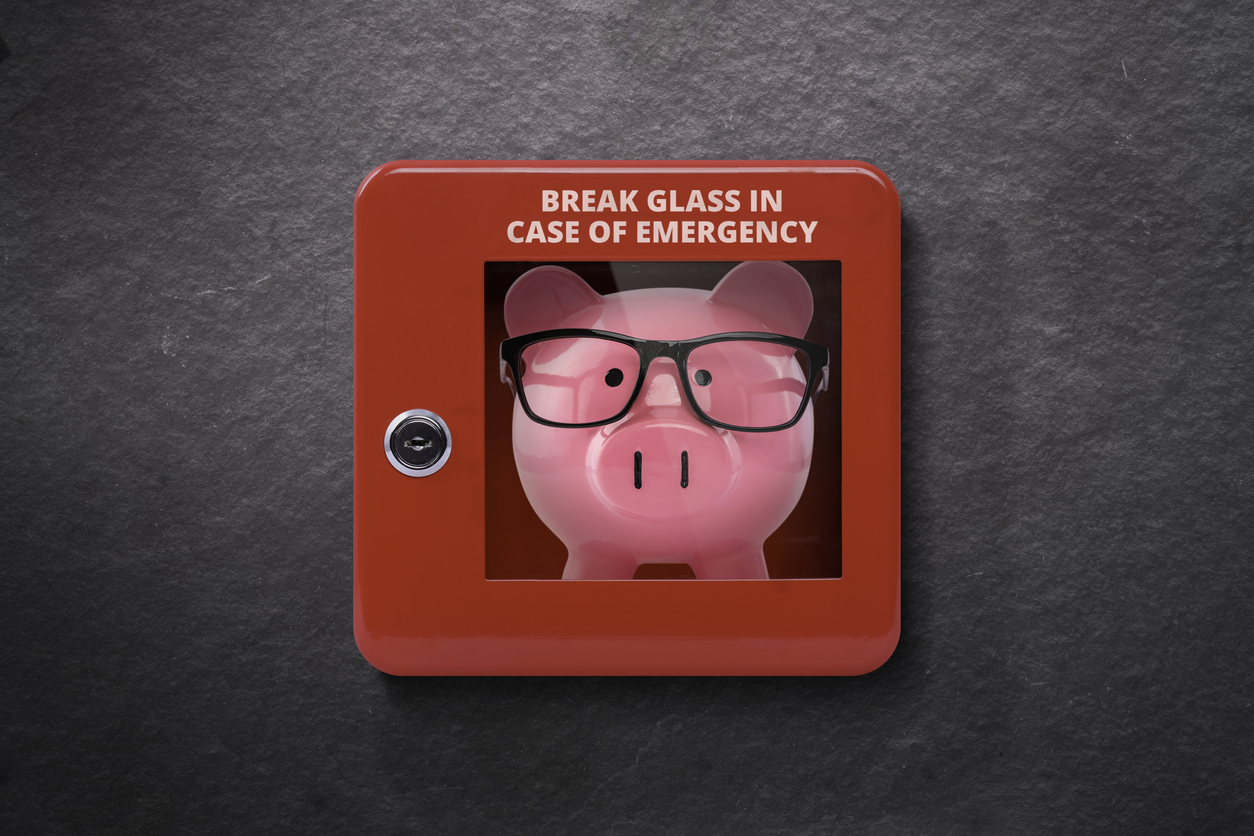Should I Save First or Pay Off Debt?
Financial
Many people ask me, "Should I Save First or Pay Off Debt?"
Although we think a good financial plan includes both savings and debt reduction, building an emergency fund with at least $1000 should be the first priority.
Yes! Even before focusing on repaying debts. Saving for emergencies is the only way to avoid more future debt and break the debt cycle for good. Emergencies will happen. Repairs will be needed. Having money set aside for these situations is absolutely critical for everyone. If there is no emergency fund when these things happen, we are forced to use debt anyway so building an emergency fund helps break that cycle.
A recent study stated, 46% of Americans surveyed could not cover a $400 emergency without putting it on a credit card or getting the money from someone else.
Feel you have no money to save? What we find is that in most cases we all have the potential to save, if willing to sacrifice a little.
Forgoing a $10 lunch or $4 coffee, may not seem like a big deal, but when accounting these small expenses, many times we find an extra couple hundred dollars a month to set aside. In addition, most Americans have at least $1000 of sellable goods around their home that can be sold to begin an emergency fund. It may mean no eating out or shopping for a while or having a garage sell to earn the money but most in most cases your $1000 emergency fund can be achieved quickly.
If you don’t have an emergency fund saved, I encourage you to be bold in making the necessary spending changes. Just be sure to put this money aside in a savings account and only use for emergencies.
An emergency is a major repair to your car, someone losing a job or emergent medical expenses, etc. New shoes or a big screen TV are not emergencies. Yes, I know they are on sale and you really want it. But trust me, when you have a real emergency, you will thank me!
Once you have this amount saved, you can become more aggressive with debt payments while continuing to add to savings.
Set a long-term goal to increase savings to 3 to 6 months of “barebones” living expenses. In times of a job loss or if unable to work for a period, this will provide a cushion to absorb monthly finances during this transition period.
There is no doubt that life will happen and surprise financial items will occur. However with a savings plan in place, you will have peace in knowing you have monthly living expenses stored away.



